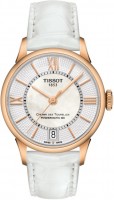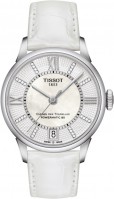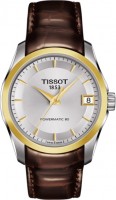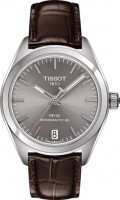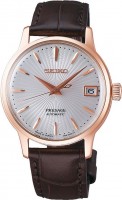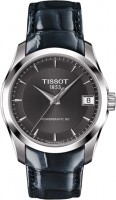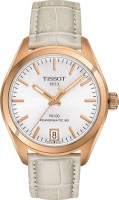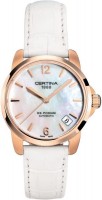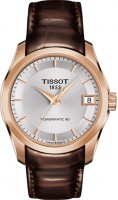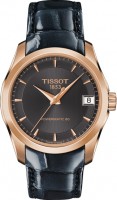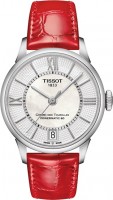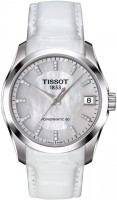Orient DM01002W
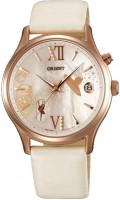 | Outdated Product $224.52 up to $287.76 Gender: women's; Country of origin: Japan; Movement type: mechanical; Self-winding; Number of stones: 21; Dial type: analog; Colour: Dial colour: golden; date; Case material: stainless steel; Colour: golden; Glass material: mineral; Open case back; Strap: leather strap; Strap colour: beige |
Orient DM01002W | ||||||||||||||||||||||||||||||||||||||||||||||||||||||||||||||||||||
|
| |||||||||||||||||||||||||||||||||||||||||||||||||||||||||||||||||||
Always clarify the specifications and configuration of the product with the online store manager before purchasing.
Catalog Orient 2025 - new arrivals, bestsellers, and the most relevant models Orient.
The high-quality stainless steel case of the watch from the famous Japanese brand Orient hides a reliable self-winding spring mechanism. The obvious advantage of this feature is that there is no need for frequent manual winding, especially when compared to classic mechanical watches. In addition, with constant wear, they can generally do without manual winding.
Reliable mechanism
The watch mechanism includes 21 ruby stones, which makes its elements less prone to wear during prolonged loads. The transparent case back, although it does not provide any advantages from a practical point of view, allows you to admire the work of the mechanism and gives the watch an original appearance. The accuracy of the model's hands is +25/-15 seconds per day.
Clock face
Gold-plated hands stand out clearly against the light background of the dial, providing the ability to read the current time in any situation. In addition to two Roman numerals VI and XII, on the surface of the dial there was a place for a small window displaying the day of the month and a larger pictogram of a ballerina, including 7 poses changing day by day.
Strength
The dial is covered with a strong mineral glass that prevents scratches. Its strength is rated at 7 points on the Mohs scale. The watch case itself is able to withstand pressure up to 3 atm, which corresponds to a water resistance of 30 m. However, she will survive a light rain without any problems, once again emphasizing the elegant style of her owner even in such a situation.
Reference. The Mohs scale is a mineralogical scale for hardness. It includes 10 reference minerals in order of increasing hardness: talc, gypsum, calcite, fluorite, apatite, orthoclase, quartz, topaz, corundum and diamond. The hardness level is determined by exposing the test material to the hardest reference mineral that it can scratch or the softest reference mineral that will scratch the specified material.



